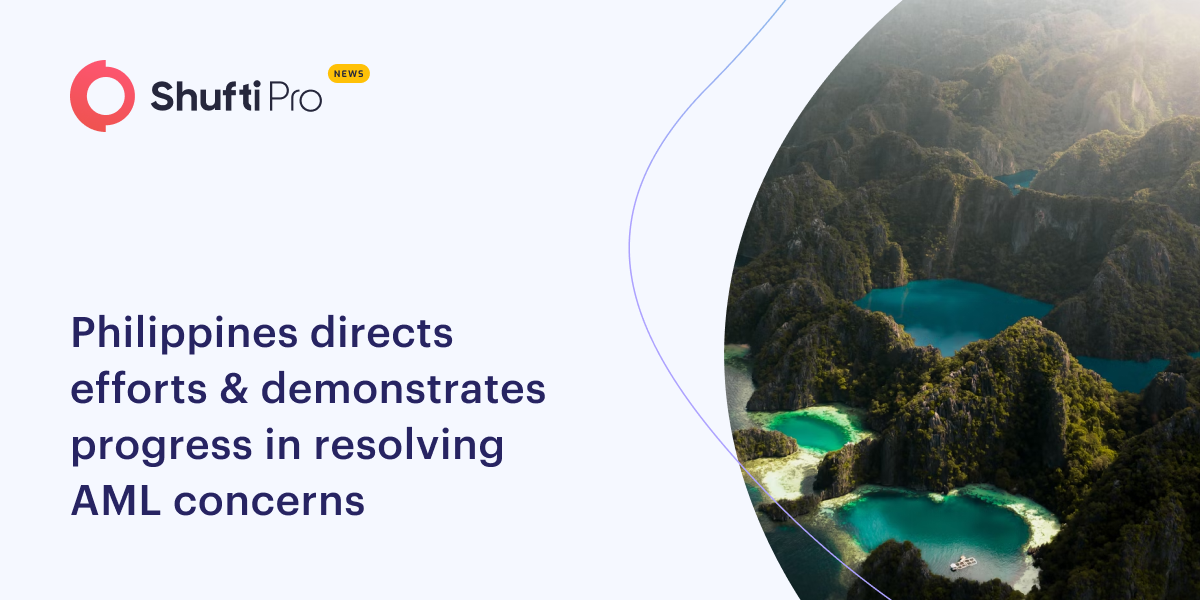Philippines Directs Efforts & Demonstrates Progress in Resolving AML Concerns

The Asia Pacific Group on Money Laundering (APG) has raised the Philippines’ rating from partially compliant to largely compliant based on two recommendations as per the third follow-up report on the mutual evaluation of the Philippines.
MANILA, Philippines – Before the deadline set by the Paris-based global watchdog Financial Action Task Force, the Philippines is improving its Anti-Money Laundering and Countering the Financing of Terrorism (AML/CFT) framework’s technical compliance shortcomings (FATF).
The Asia Pacific Group on Money Laundering (APG) has raised the Philippines’ rating on two recommendations from partially compliant to largely compliant based on the third follow-up report on the mutual evaluation of the Philippines.
The Philippine Amusement and Gaming Corp.’s (PAGCOR) licencing procedures, which only cover the board of directors and not shareholders or beneficial owners, as well as the lack of information on the fit and proper framework for land-based casinos under the supervision of the Cagayan Economic Zone Auth., were cited by the APG as moderate regulatory deficiencies in the Philippines that have been addressed (APECO).
From only four at the time of the mutual evaluation report in 2019 to 50 PAGCOR and 25 CEZA offshore gaming licensees at its peak in February of the previous year.
Due to recent Bureau of Internal Revenue (BIR) enforcement action, the number has since dropped to 35 PAGCOR licensees, of which only 26 are operating, and 8 CEZA licensees, of which none are functioning as of February 2022.
Real estate agents who are not covered individuals subject to any AML/CFT framework were included in the deficit.
According to the APG, the Anti-Money Laundering Act (AMLA) and its implementing rules and regulations have been updated to include real estate developers and brokers as covered people. PAGCOR has also released authorised additional probity check guidelines that went into effect in January.
As per report, the Philippines has kept working on creating a framework for risk-based oversight of the DNFBP industry.
According to APG, the Philippines has shown that the Bureau of Customs (BOC) has the implied authority to ask the carrier for additional information in the event of a false declaration and to impose proportionate and deterrent fines for failure to declare or a false declaration based on the financial value of the goods that are being illegally imported or exported.
“Overall, the Philippines has made good progress in addressing the technical compliance deficiencies identified in its mutual evaluation report and has been re-rated as largely compliant for Recommendations 28 and 32,” the APG said.
The FATF has retained the Phillipines from the grey list in June as it stressed to furthe strengthen its action plan, It also retained the Phillipines in the list of jurisdictions under increased torming.
Since its re-inclusion in the gray list in June last year, the Philippines made a high-level political commitment to work with the FATF and APG.
Suggested Read: Philippines: Banks Reminded to Closely Monitor and Report Suspicious Transactions

 Explore Now
Explore Now













